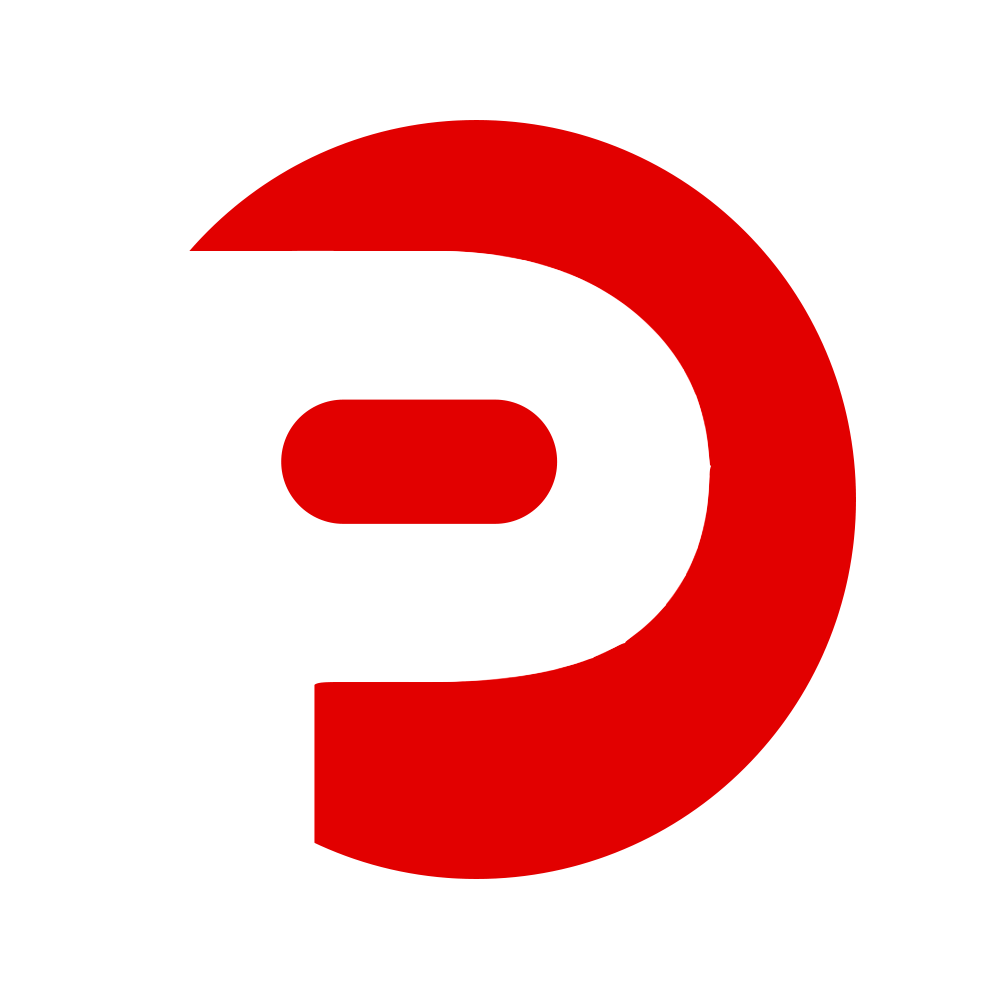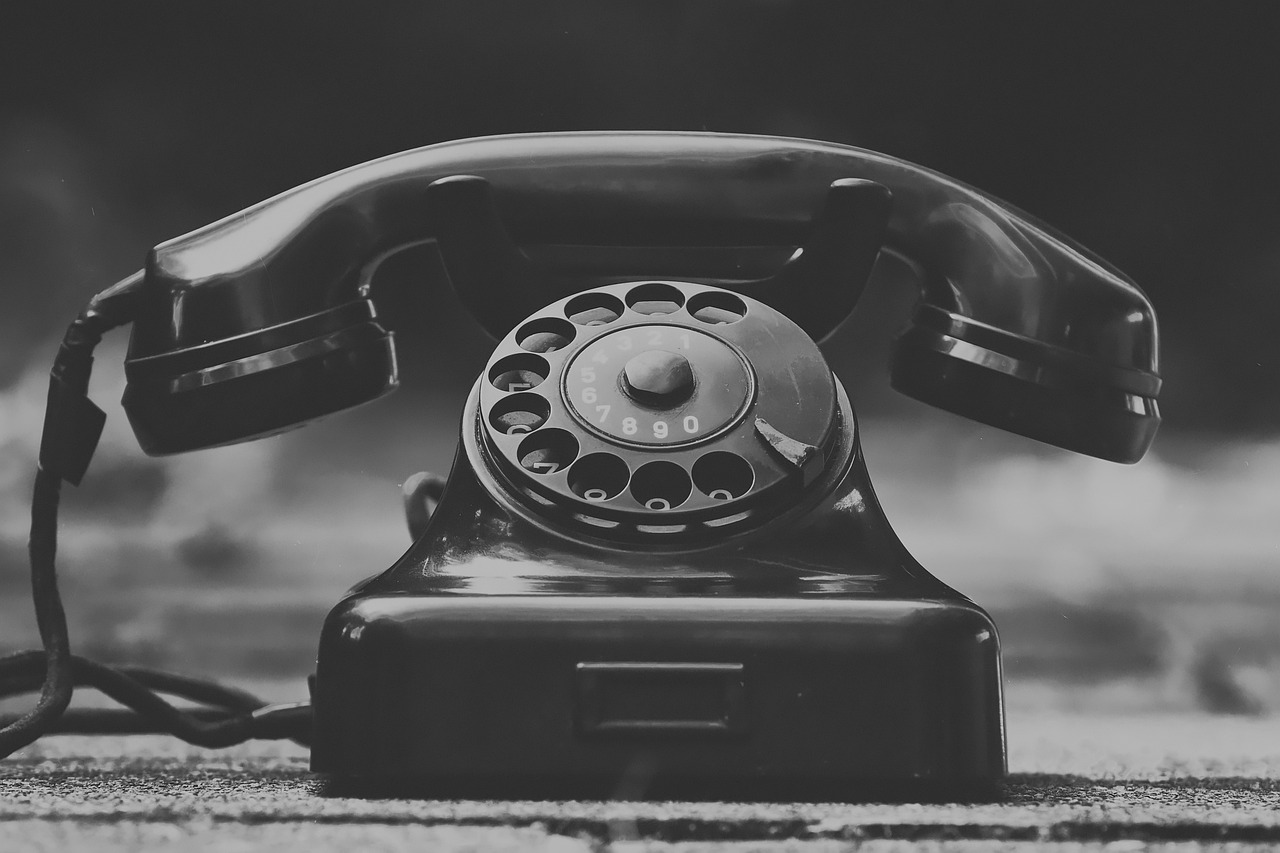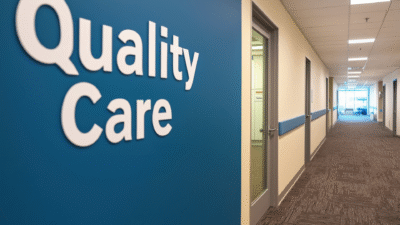Any person, whether they are a patient or not a patient of a specific pharmacy, can access a pharmacist in person or via phone at any time during pharmacy business hours.
During this encounter, the patient has the ability to inquire information to a wide array of medical questions. There are no appointments necessary to receive medical advice from a licensed pharmacist. Pharmacists have long boasted upon this accessibility.
While it is great for patients to have instant accessibility of a pharmacist through a phone call, answering these phone calls is one of the many non-clinical tasks that have been implemented in outpatient pharmacies and the impact of these distractions can be significant including:
Interrupting workflow. Non-stop calls can interrupt a pharmacists’ focus leading to potential mistakes.
Decreased productivity. These calls are taking time away from other essential clinical tasks decreasing efficiency of workflow.
Increased stress levels. Having to manage multiple phone calls, being called upon for counseling, taking care of immunizations, all while needed to verify prescriptions can lead to extreme burnout.
Communication breakdown. Some information may be missed or not communicated clearly when under pressure.
In most retail pharmacies, phone calls are often tracked and measured based on how long the patient was on hold, how quickly the phone call was answered and more. These non-clinical tasks only create additional distractions for pharmacists and create the potential for medical errors.
Are these times of unlimited accessibility coming to a stop? Recently, CVS Health piloted a new program in which patients call the pharmacy, and instead of being directed to a live person, can only leave a detailed voicemail with an expected call back within 1 hour. This program was developed in hopes of creating a safer environment for patients, pharmacists and technicians by reducing the need to continuously switch between tasks. Even pharmacies like Walgreens have rolled out remote call centers to reduce the amount of inbound calls coming into the pharmacy.
Is this something that can ruin the relationships and trust that has been built between patients and pharmacists?





